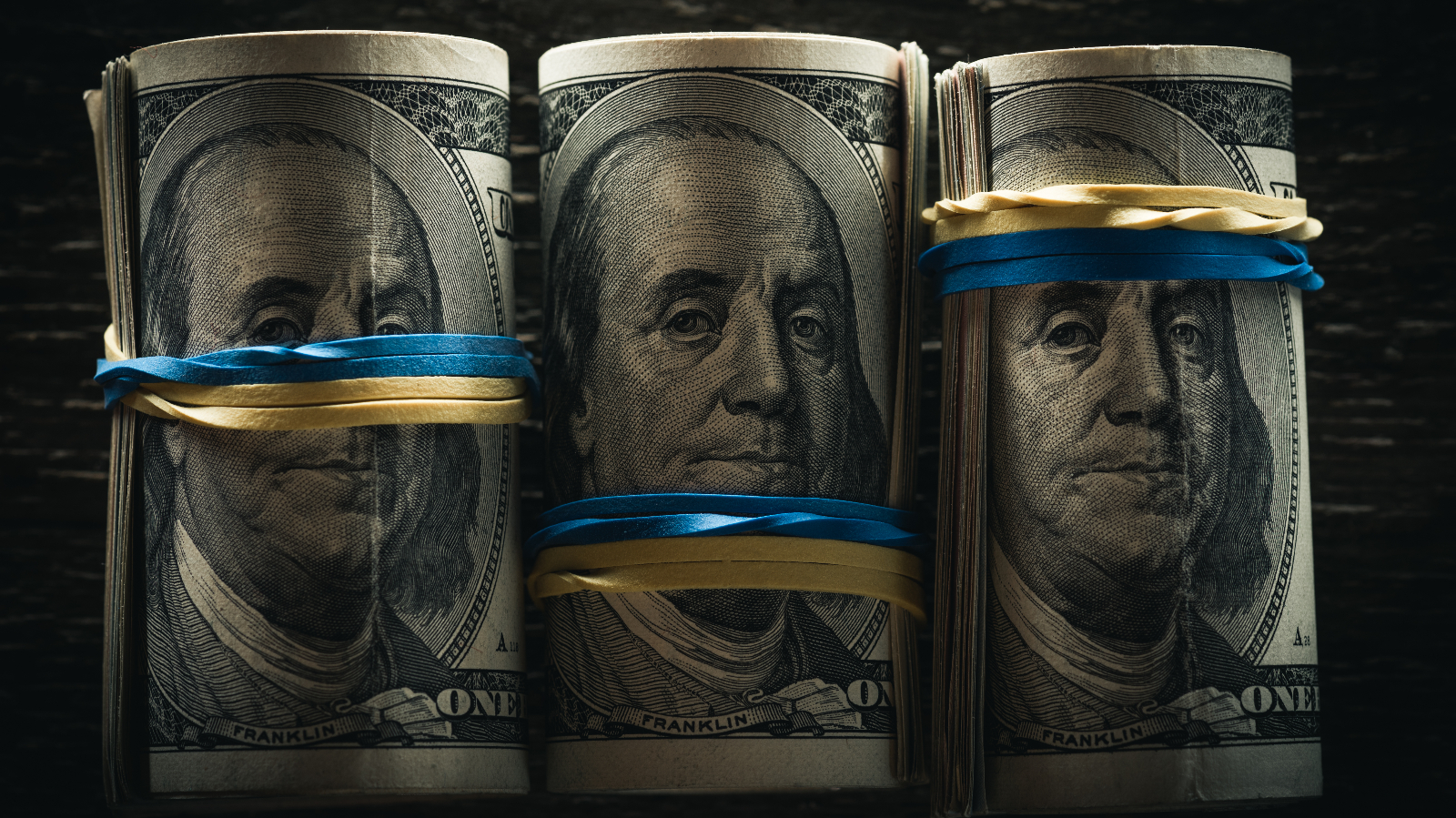Unfortunately, saving money for an emergency fund means less cheddar to burn, but it’s necessary.
Like any insurance policy, you’ll be glad you have it when something goes wrong. In fact, LearnVest deputy editor Julia Chang writes that “maintaining an emergency fund forms one of the great pillars of a healthy money life.”
The 3- to 6-month rule of thumb
Financial experts often recommend that people should have a cash reserve or emergency fund that is large enough to cover the household expenses for three to six months.
Says financial guru, Dave Ramsey: “If you are part of a two-income household or you’ve had a steady job for several years, then a three-month emergency fund is probably fine. But if you are a one-income family, self-employed, or earn straight commission, then a six-month emergency fund is a better idea because a job loss would mean you couldn’t pay the bills.”
So how much is that exactly?
The first step to building that emergency fund is finding out what your yearly average expenses are and then breaking that down to a monthly figure. The U.S. Bureau of Labor Statistics shows that average yearly expenses for a U.S. household in 2019 were $63,036. This figure includes everything from food and transportation to housing and retirement plan payments. This would give an approximate monthly tally of $5,253.
Of course, that figure varies wildly between households. To figure out your own expenses, you start with those expenses deemed critical. These include food, housing, health care (including your insurance), transportation, utilities, debt repayment, and a set amount for personal expenses.
Don’t include things that you’d cut from your budget if you lost your job, the financial experts at Vanguard write. Examples of these are entertainment, gym memberships, vacations, nonessential shopping, dining out, and even savings for college.
Cut back and plan ahead
In order to free up some cash to put toward your emergency fund, you need to cut back on current spending and plan ahead.
Steps you can take immediately include comparison shopping: buy a less-expensive cell phone service or look for a less-expensive home and car insurance package. You can skip going on that expensive vacation (or shop around for a better deal), cut down on your bar tab and restaurant bills, and put any bonuses or tax refunds plus your next raise directly in your emergency fund.
As you build your rainy-day fund, it might help to treat it just like the other recurring bills that you pay every month. Dedicate a certain amount from each paycheck and make sure it goes directly into that savings account.
For example, at $25 saved each week, you’ll have $2,600 by the end of two years; $50 a week grows to $5,200 and $75 every week gives you $7,800 in savings.
Too much of a good thing
Once you’ve reached your target, you’re in danger of overfunding your emergency cushion, Arielle O’Shea writes at NerdWallet, and that could actually cost you money.
If you keep your savings in a regular savings account, for example, earning maybe 1 percent interest with inflation running at more than twice that, it won’t take long for the buying power of those dollars to dive.
“The other drawback is that you may be over-contributing to that emergency fund and neglecting tax-advantaged retirement account options like a 401(k) or IRA,” O’Shea writes. “There is a big opportunity cost here because that extra money is missing out on investment earnings. At 1 percent interest, you’ll get $200 a year on a $20,000 balance. If invested instead, the earnings could be seven times that.”
Have something to add to this story? Comment below or join the discussion on Facebook.









































